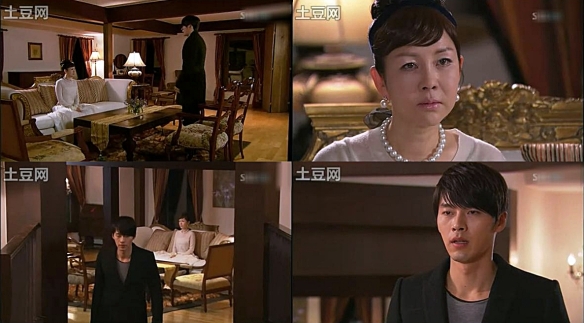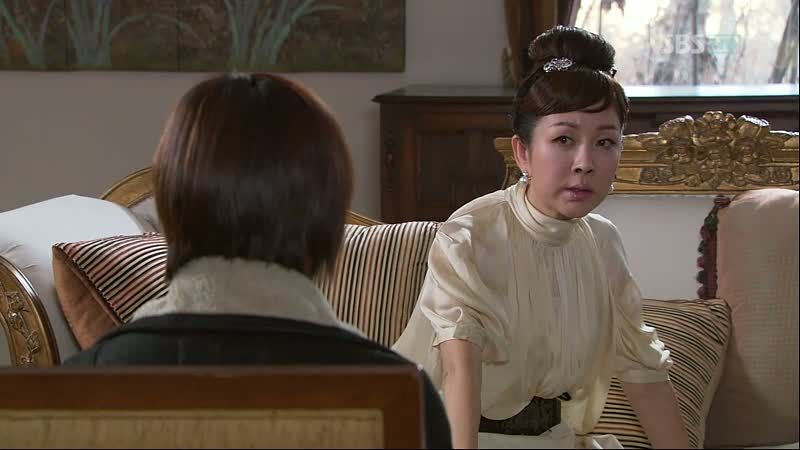In life, there are people who are rich, people who are poor; some are well educated, while others are homeless with no educational skills. Having such variety in people’s life and skills created what is called in sociology as social stratification, in which people with higher skills and greater wealth are ranked in a higher places where as people who are less educated and less wealth are ranked at the bottom of the scale. Having social stratification created a map or a road for each individual’s life. Individuals are no longer the ones who choose what to work in, what to achieve or even where to live. However, that doesn’t mean that everyone is going with the flow of such classism.
Some people believe that no matter what your ranking scale is, you still have the chance to decide where to work and who to marry depending on your skills and personality. Such belief is usually depicted in Asian drama, especially Korean, as they tend to show that a lower class girl can marry a higher-class man and vise versa. Such story can be seen in the Korean drama “Secrete Garden”, where Gil Ra Im; a poor girl who is working as stuntwoman, preforming all the fighting and serious actions instead of others actresses, got to fall in love with Kim Joo Won, an arrogant CEO who has the image of perfectionist.
 |
| Left: CEO Kim Joo Won - Right: Stuntwoman Gil Ra Im (Korean Drama: Secrete Garden) |
That doesn’t mean that everything in their relationship went smooth, as the director showed the opposing side of the relationship, which was Kim Joo Won’s mother. Hence, we now can pull out where the consequences or opposing sides appears. Family comes first to follow classism, while society comes the second; however, they both depends on each others, as families are usually afraid of what other would think (Others = society), therefore, an individual struggle in order to overcome the power of society on his/her own life.
 |
| Secret Garden - Kim Joo Won argument with his mother |
 |
| Secret Garden - Kim's Mother trying to break them apart. |
But, could such a story occur in real life? I think yes. People marrying someone with a less qualification in the ranking system, could overcome society issues, as the system is not constant and not permanent. Wealthy people can get bankrupted and become so poor, while poor people can gain skills and become rich. No one knows what life hides for us; therefore, people shouldn’t go with classism.
 |
| Money come and goes |
That was for the marriage part, but what about the other fields in life, education is also a part of classism. People with higher wealth, are usually the one who get the higher education as they have the money. Money is the base of classism actually, as in society money gives power to the person, and it been like that since ages ago. For example, even during the French revolutions, wealthy people where the ones who were enjoying all the luxurious parts of life. Such power than created racism (slavery) and dominant powers.
 |
| Marie Antoinette Movie |
Classism can be seen as a good thing in some people's eyes, however; they couldn't see the fact that classism causes different problems and issues between group of people or between individuals. They no longer see the individual him/herself, their personality, but they only see their social ranking, how much they've, how much knowledgeable they are. Not thinking of the facts that lead people with lower statues to have such a life is something that we usually do; we’re usually blind to think of such stuff. That’s why we have classism, because we can’t see what lies behind an image of a person.
| Gil Ra Im dressed up as rich lady - Secret Garden |
 |
| Gil Ra Im usual look - Secret Garden |




